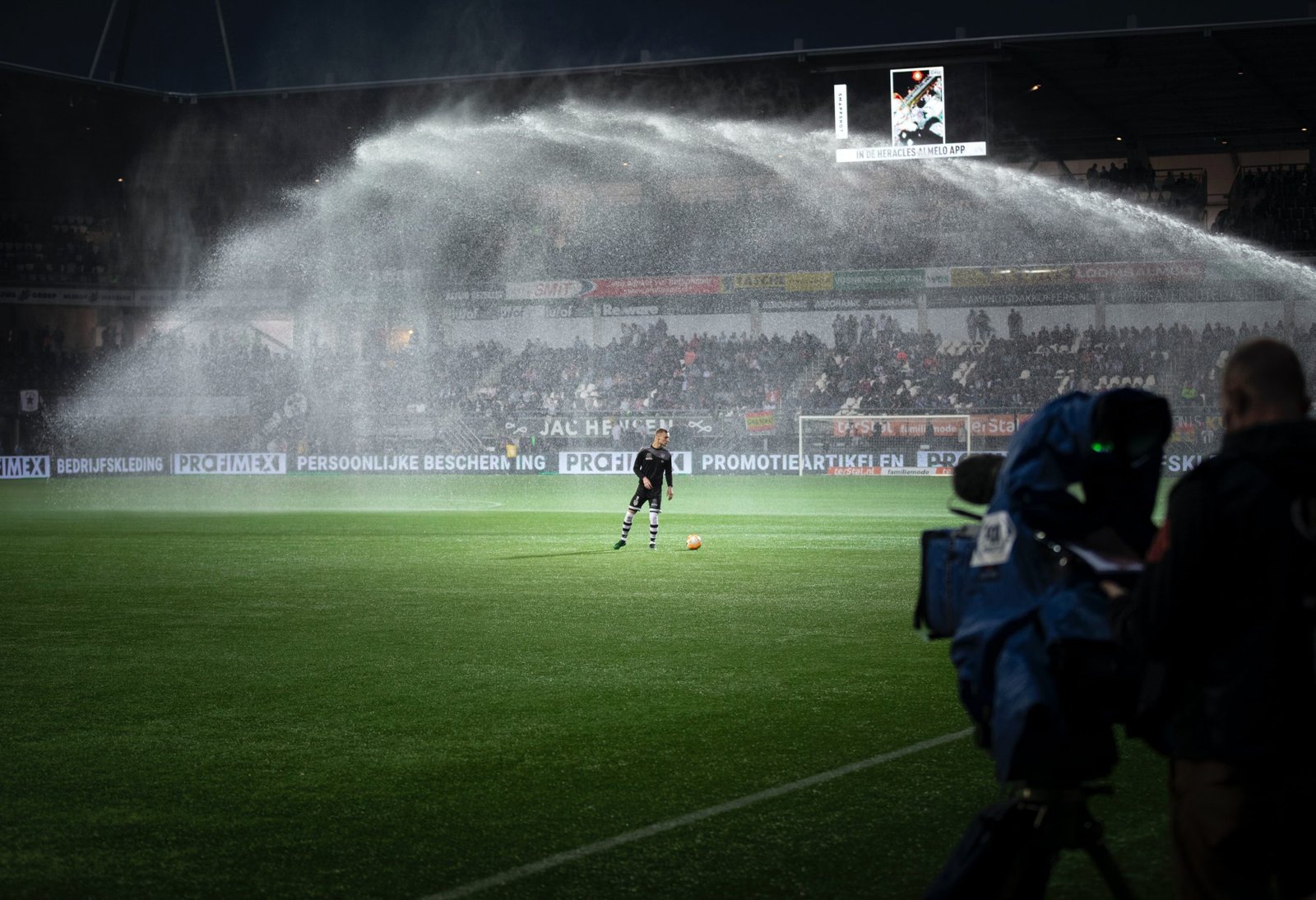
Making A Play At Becoming A Sports Journalist
Many of us, when we are younger, like to dream of becoming sports stars in the future.
We mentally superimpose ourselves into team line-ups, catching passes from our favorite quarterback or scoring the winning goal against a rival team.
Some of us actually go on to do exactly what we dreamed of doing, but for most of us there comes a time when we realize we’re really not going to be a first-ballot Hall of Fame entrant, and we find a way to cope.
One dream that can outlast that of becoming a sports star is the idea of making a living writing or talking about our favorite sport. You don’t have to have top-level playing experience to know a lot about sports, and if you’ve retained your love for a sport then you’re probably still seeking out game previews, reading the recaps, and watching your favorites playing the game whenever it’s on TV. So how realistic is it to picture yourself as a sports journalist?
Decide on your area of specialism
There are plenty of different types of sports journalists. Every game needs a play-by-play commentator, and if you’re capable of speaking authoritatively and following games forensically, commentary may be your bag. You could also become a beat reporter, keeping your ear to the ground and breaking stories around a team – from long-term injuries to coaching changes and more besides. There’s also a strong vein of opinion writing around the sport. This might be where you specialize if you always have a lot to say after a game; just remember that there is a fine line between cogent analysis and opinionated scapegoating.
Become an information sponge
The best sports journalists get a following because people find their writing (or spoken contributions) absorbing. To get to that point you need to stand out as someone who knows their stuff. A key to achieving this is to have your eyes and ears open for new information – if you’re not watching an NHL game on TV you can listen to a hockey podcast and see what other experts are saying. Read player autobiographies to see what makes professionals tick. The more you know about a sport, the more it comes across in your own content – and the more respect you’ll get.
Hone a range of contacts
It’s common to wonder how reporters get to break a story when it seems to have come out of nowhere, and the answer is fairly simple: you need to know people who know. Speak – and more importantly listen – to anyone you can in and around a club. Be polite and empathetic and, if you already have a platform like a blog or a podcast, use it to give them a fair and positive accounting. It often benefits sports teams to have journalists who will air a story ahead of the team confirming it so that they can gauge reactions. If you gain a reputation for being someone who’ll put the facts out there in a trustworthy way, you’ll gain their confidence.
Most of us will be well into adulthood before we stop daydreaming into our sporting fantasies. But if you gain a grounding in sports journalism, you can be around the games you love for much longer than any career in professional sport will last.











